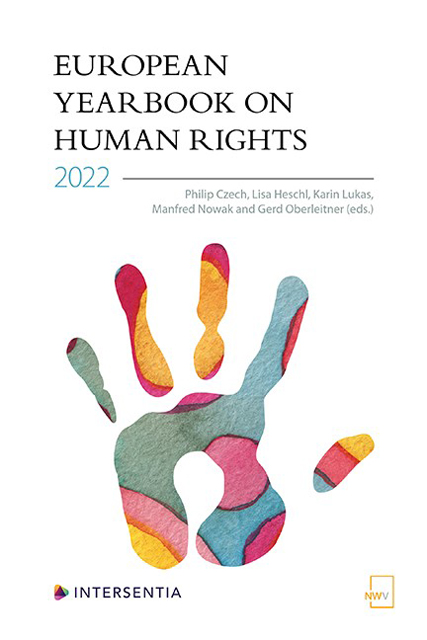The Turkish Post-Coup Emergency and European Responses:Shortcomings in the European System Revisited
Published online by Cambridge University Press: 20 April 2023
Summary
ABSTRACT
This contribution takes Turkey’s use of the derogation mechanism in the aftermath of the failed military coup of 15 July 2016 as a springboard to critically address the operation and the fallacies of the contemporary European derogation regime. The assessment will reveal whether the European system of human rights protection has succeeded in adopting an adequate and viable approach that can counterbalance the increased leeway accorded to derogating states, and formulate safeguards to mitigate human rights abuses. The contribution concludes by providing a road map proposal for adequate oversight marked by rigorous scrutiny of derogation claims that can be described as a ‘consultation and cooperation process’. This process would place the Secretary General of the Council of Europe in a more active and operationally focused position to influence state decisions, to counterbalance the increased leeway accorded to derogating states, and to formulate safeguards to mitigate human rights abuses.
INTRODUCTION
Emerging as they did from a long and terrible war, human rights for all were to become ‘the foundation of freedom, justice and peace in the world’. To a considerable extent, international measures aimed at the protection of human rights are a success story. However, they frequently become vulnerable or inadequate in the face of the significant problems that arise when a state’s political survival is in danger. It is undeniable that states may be confronted wiThextraordinary situations posing fundamental threats to their territory, such as wars, terrorist attacks and natural calamities, and that, in such situations, they may resort to exceptional measures in order to overcome these perils and restore normality. More specifically, the expansive protections set forth in international human rights instruments such as the European Convention on Human Rights (ECHR) and the International Covenant on Civil and Political Rights (ICCPR) can be subjected to derogation in times of national emergency.
Derogations, permitted under many human rights treaties, provide a ‘legal breathing space’ for states, enabling them to take ‘a rational response to domestic political uncertainty’ they are facing. In this vein, they do not conflict with the normative foundations and notion of human rights, but, rather, may contribute to their effective realisation and protection, given states’ positive obligations to protect the right to life.
- Type
- Chapter
- Information
- European Yearbook on Human Rights 2022 , pp. 445 - 482Publisher: IntersentiaPrint publication year: 2022



